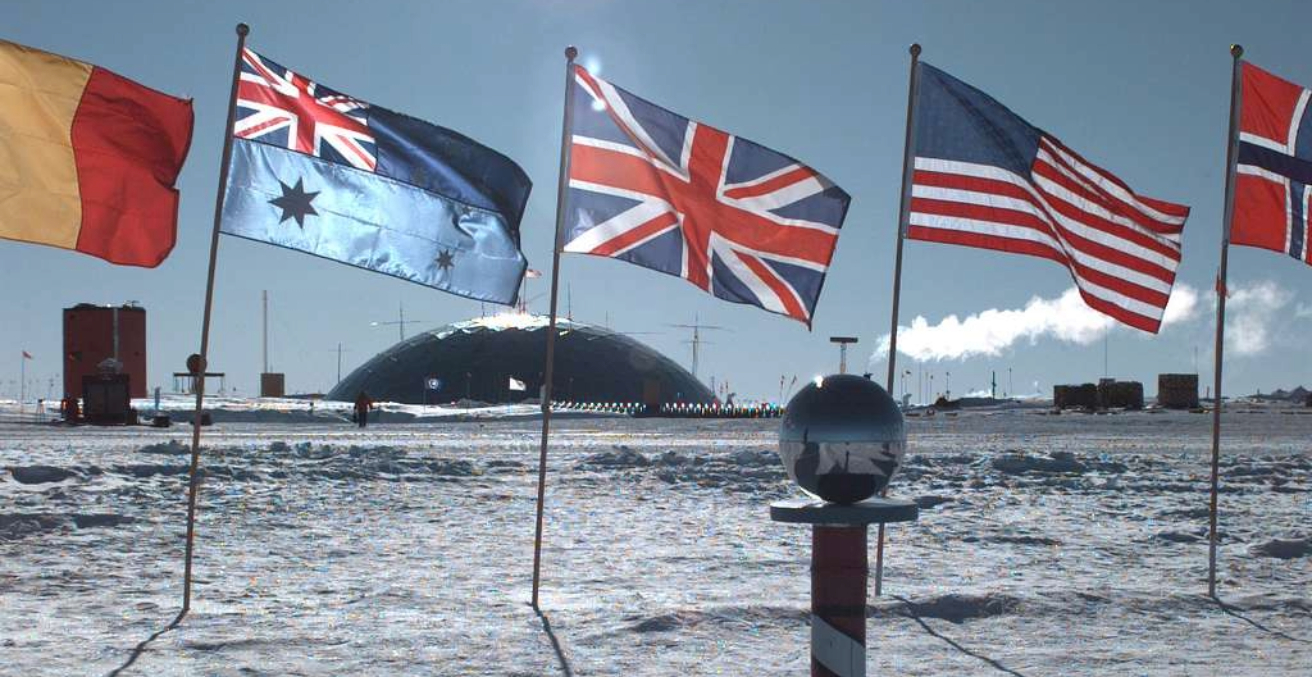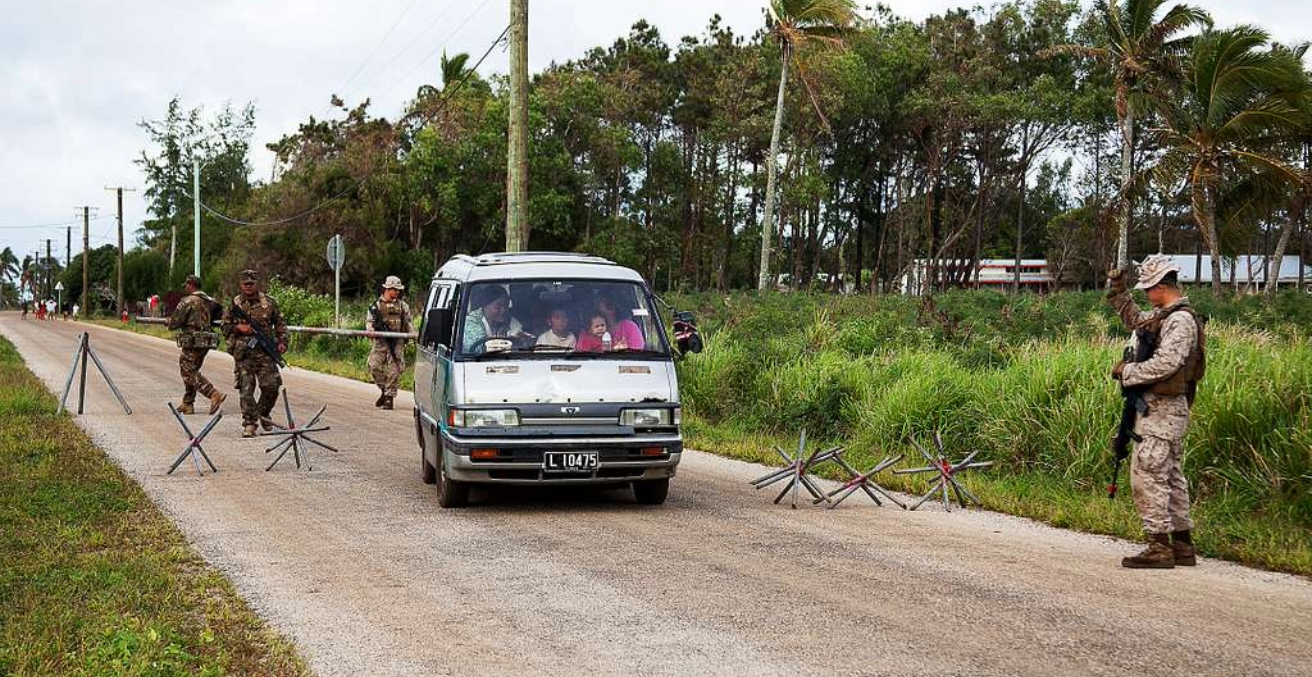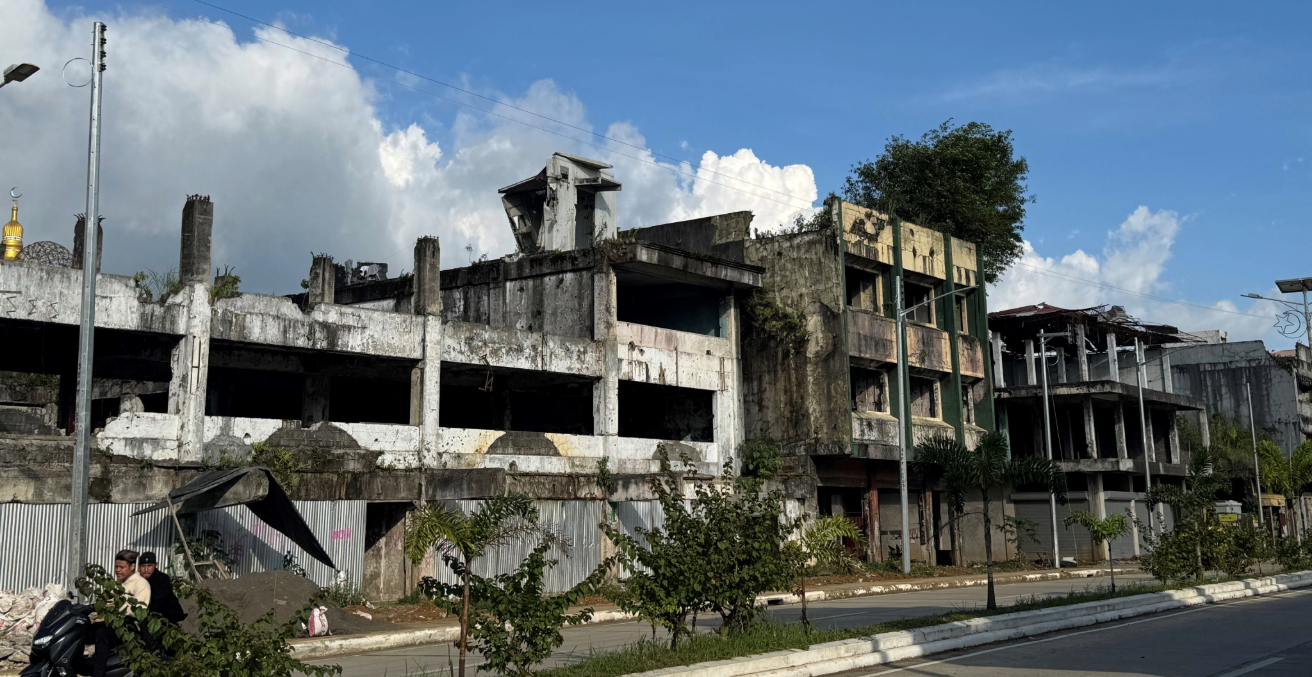While the major deliverable from the sixth BRICS Summit was economic, its significance is primarily geopolitical.
The Sixth BRICS (Brazil, Russia, China, India, South Africa) Summit that took place in Brazil from 14-16 July made headlines for the announcement of the BRICS’ New Development Bank. It should be seen as a demonstration of how these five mean to use their demographic and economic clout to challenge and change the way the world is governed.
The Breathtaking Arrogance of the West
From the perspective of the BRICS, the hubris and arrogance of policy-makers in the US-led West is so breathtaking as to be scarcely believable. It’s as though they have lost the capacity to see how others see them. Or they just don’t care.
For example, last October President Dilma Rousseff was to be the first Brazilian leader in two decades to attend a White House dinner. Instead, angered by revelations that her personal phone calls and emails had been intercepted by the US National Security Agency (NSA), she became the first leader to cancel a state dinner hosted by a US president, lambasting US surveillance as a violation of international law and a “totally unacceptable” infringement of Brazil’s sovereignty.
Russia is being subjected to sanctions for its annexation of Crimea – which was Russian for several centuries and was voluntarily “gifted” to the Ukraine by Nikita Khrushchev – despite the very concrete threats to its Russian-speaking population and to Russia’s core vital national security interests, a referendum (whose margins of results may be questioned but not the overall outcome) and not one fatality during the annexation. Yet the countries censuring Russia and imposing sanctions on it were responsible for the 2003 Iraq war where the legal and security justification was far more tenuous, the theatre was geographically distant and the humanitarian and geopolitical consequences were far more horrific and destabilising.
India’s new Prime Minister Narendra Modi was on the US visa denial list for nine years (2005–14). Last December a junior Indian diplomat was arrested and strip-searched over labour laws and wage disputes in a deliberate subordination of international conventions to domestic US law. By contrast US diplomats posted abroad have been muscularly shielded from domestic laws even when they have killed host nationals.
Chinese officials have been charged with cyber-espionage at the same time as public revelations of the industrial scale mass surveillance activities of the US NSA. Beijing is told to solve its maritime disputes in accordance with the UN Convention on the Law of the Seas – a treaty that Washington has not ratified.
It takes skill to position oneself offside simultaneously with so many of the most important leaders from the rising powers.
The BRICS Bloc
This insensitivity towards others’ voices, values and interests lies behind the creation, consolidation and evolution of the BRICS grouping. The acronym was a shorthand proxy to describe the shift in market power and geopolitical clout from the G-7 towards the large and populous emerging market economies.
BRICS is important because it clubs together the big emerging markets whose economic growth will outstrip and anchor the rest of the world, and because of the diversity and spread of continents, political systems, values, and economic models. BRICS countries make up two-fifths of world population, one-fifth of world GDP, one-seventh of world trade, and two-thirds of world growth.
An Alternative Configuration of Global Governance
BRICS Summits have regularly expressed frustration with the broken paradigm of a system that privileges western powers and is out of sync with new realities. These deficiencies erode the legitimacy and credibility of the international financial institutions and foster mistrust between the global North and South.
At the 2012 Delhi Summit, the BRICS progressed to sketch the outlines of an alternative configuration of global governance. They underlined the urgency of enhancing “the voice and representation of emerging market and developing countries” in the Bretton Woods institutions in order to “better reflect economic weights.” The criticisms of the voting formula, funding priorities and executive directorship of the IMF and World Bank reflected both their frustration and their growing self-confidence as responsible stakeholder-managers of the system of global economic governance.
Yet because the BRICS grouping is of uncertain unity and coherence owing to a lack of unifying values, principles, goals and interests, critics dismissed the BRICS as lacking the necessary cement to bind them together. Even after the Delhi Summit, a European and American were chosen as IMF and World Bank chiefs.
BRICS’ New Development Bank
So a critical test of whether BRICS could make the transition from a critic of the Western-led system of global economic governance to creating and managing an alternative system was whether the idea of a BRICS development bank, floated for study at the Delhi Summit, could be successfully implemented.
At the BRICS Summit in Fortaleza, four issues were up for discussion about the proposed bank: name, location, presidency and shareholding. All four were settled by consensus.
It will be called the BRICS New Development Bank and headquartered in Shanghai. The inaugural president will come from India. To avoid the problems of the IMF and World Bank, shareholding will be equal. The bank is to be capitalised initially at $50 billion (and subsequently at double that amount), with each country contributing $10 billion over the next 7-8 years. It will give priority to loans for developing countries to finance infrastructure projects, investments in industrialisation and projects that promote productive, inclusive and environmentally sustainable development.
There will also be Contingency Reserve Arrangement with an additional $100 billion capital. China will provide $41 billion, Brazil, India and Russia $18 billion each and South Africa $5 billion. Its purpose will be to help developing countries avoid short-term liquidity pressure, strengthen the global financial safety net, complement existing international arrangements and foster more cooperation among the BRICS. Developing countries will be able to draw on the reserve if they face balance of payments crises or if their currency is under pressure.
Global governance just got a lot more interesting.
Ramesh Thakur is Professor at the Crawford School of Public Policy, Australian National University.




